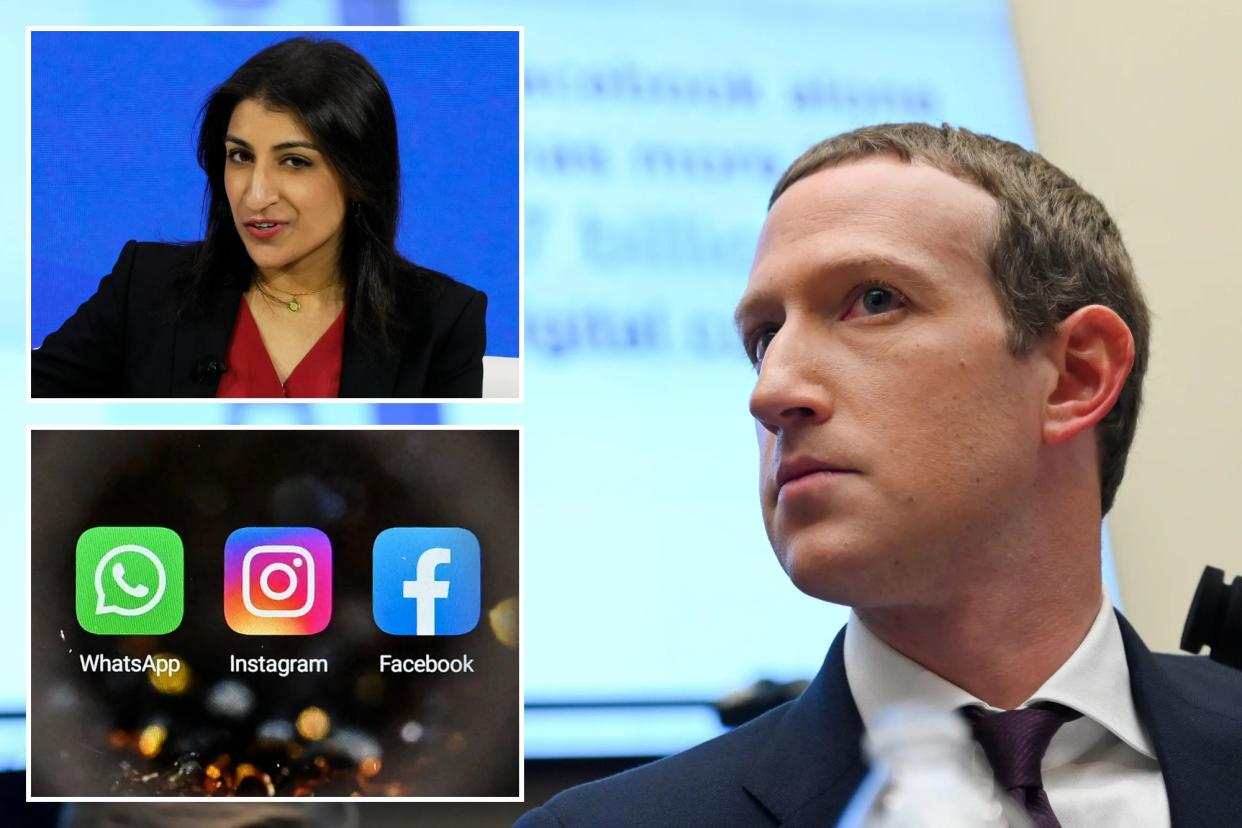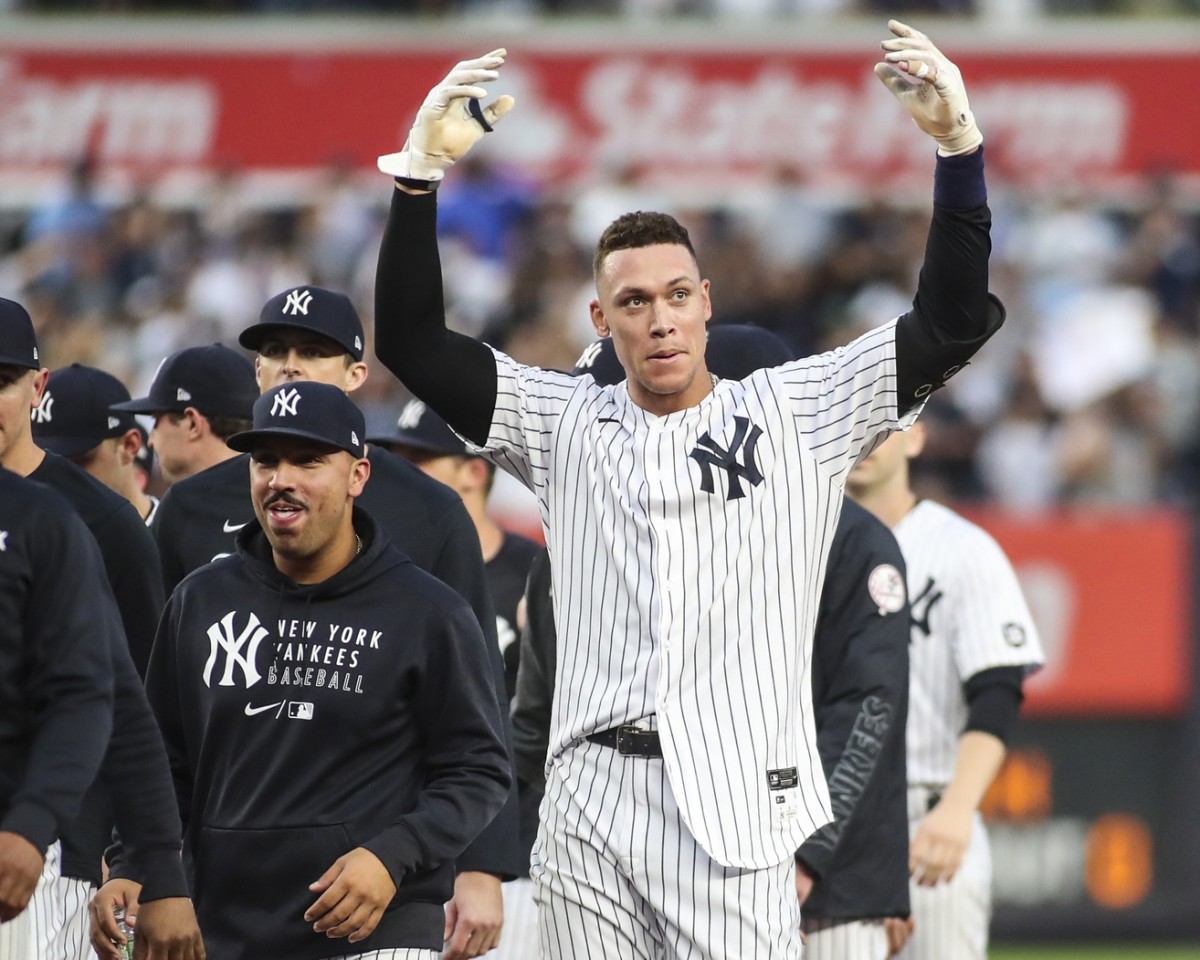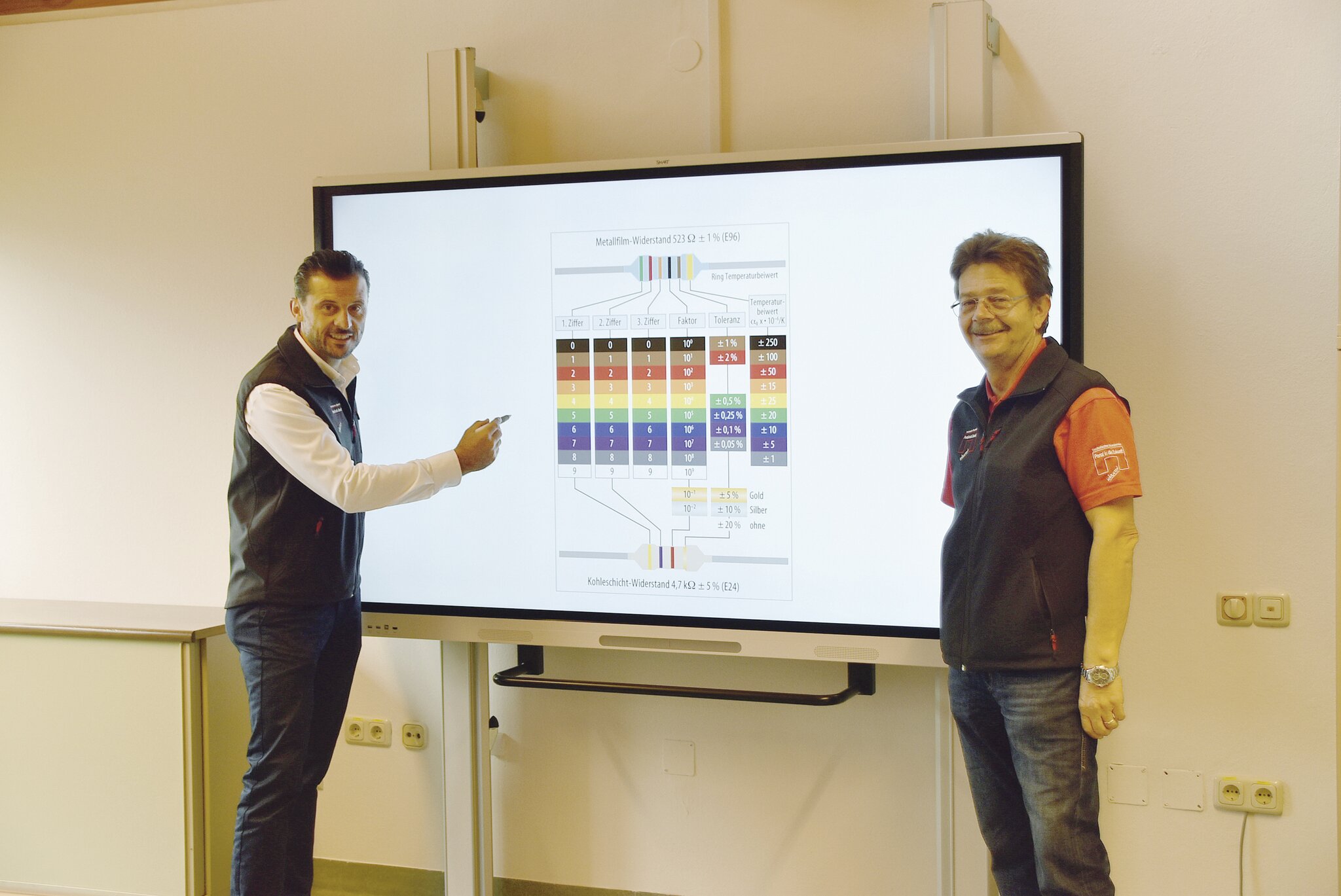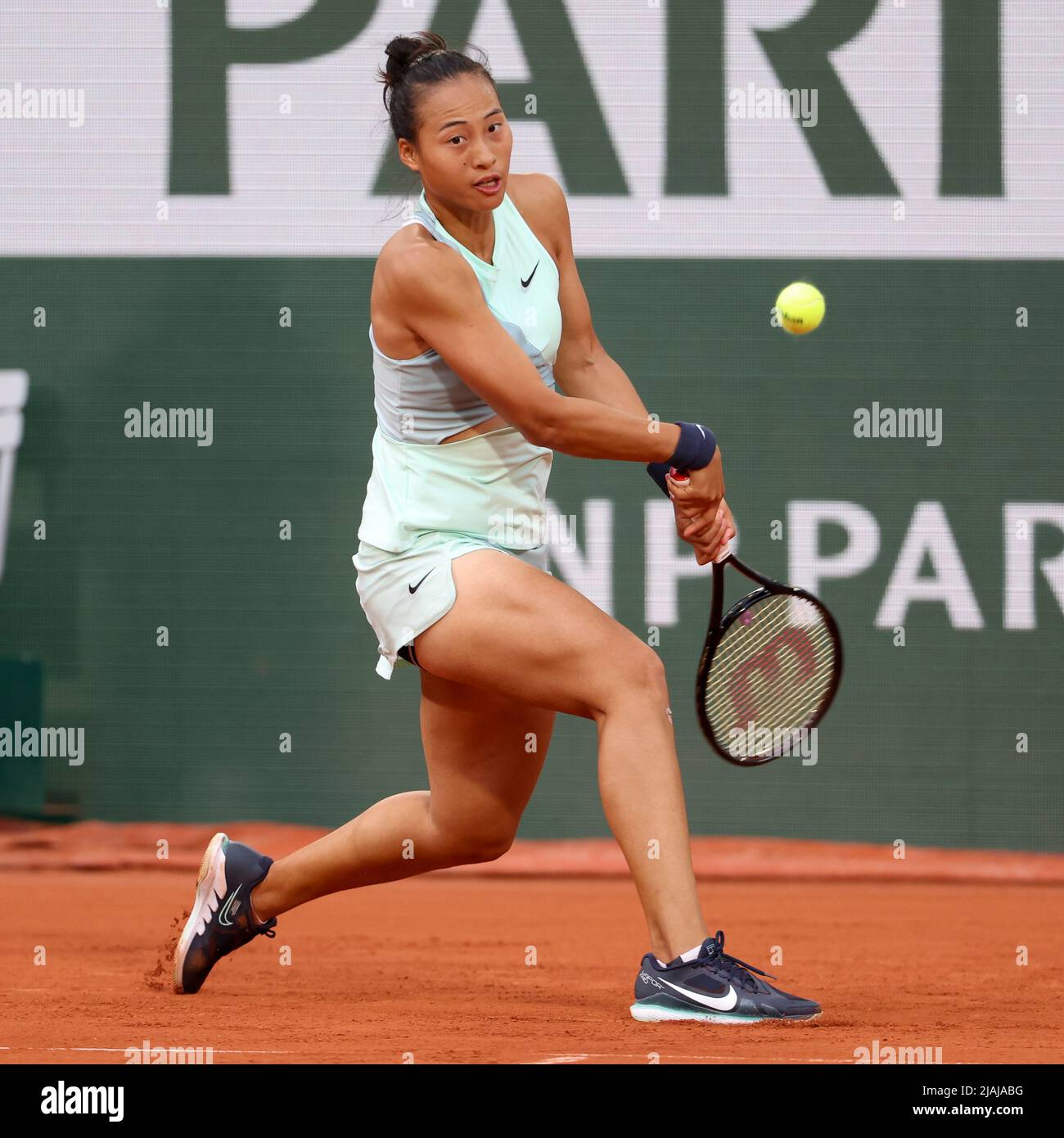FTC Vs. Meta: Understanding The Antitrust Arguments Surrounding WhatsApp And Instagram

Table of Contents
The FTC's Case Against Meta's Acquisitions
The FTC’s case against Meta centers around two key arguments: stifling competition and leveraging user data for unfair advantage. These accusations directly challenge Meta's acquisition strategy and its impact on the social media landscape.
Stifling Competition
The FTC argues that Meta's acquisitions of WhatsApp and Instagram eliminated potential competitors, leading to a significant reduction in competition within the social media market. This alleged anti-competitive behavior has several purported consequences:
- Reduced consumer choice: By acquiring dominant players in messaging (WhatsApp) and photo-sharing (Instagram), Meta significantly reduced the choices available to consumers. The FTC likely points to the lack of strong, comparable alternatives to these platforms post-acquisition as evidence.
- Innovation stifled: The FTC's case likely argues that the removal of these independent players hindered innovation. Without the pressure of competition, Meta arguably had less incentive to improve its services and develop new features. The claim is that a more competitive market would have driven more rapid innovation.
- Higher prices/reduced quality: While not directly related to pricing in the traditional sense (as these platforms are largely free), the FTC may argue that Meta's control over the market has resulted in reduced service quality, poorer user experience, or limited options for customization and alternative features.
Leveraging User Data
A central tenet of the FTC's case is the allegation that Meta leverages the vast amount of user data collected across Facebook, WhatsApp, and Instagram to create an unfair competitive advantage. This data aggregation, the FTC argues, allows Meta to dominate the market in several ways:
- Targeted advertising: The consolidated data pool from all three platforms allows for unparalleled precision in targeted advertising. This gives Meta a massive advantage over competitors who lack access to such comprehensive user profiles. The FTC might argue this amounts to an unfair and insurmountable barrier to entry for smaller players.
- Data monopolies: The FTC likely argues that Meta has established a data monopoly, hindering the ability of smaller competitors to gather the same level of user information necessary for effective competition. The sheer scale of Meta's data makes it exceptionally difficult for startups or other companies to compete.
- Algorithmic control: Meta's control over its algorithms, fuelled by the aggregated data, allows it to potentially suppress competition by prioritizing its own services and products in user feeds and searches. The FTC might explore potential biases within these algorithms that favor Meta's offerings.
Meta's Defense Strategies
Meta's defense against the FTC's allegations primarily focuses on the concept of network effects and the benefits of integration and investment.
Network Effects and Integration
Meta's core argument revolves around the idea of network effects: the value of a platform increases proportionally to its number of users. Acquiring WhatsApp and Instagram, Meta argues, enhanced the user experience by integrating features and services.
- Enhanced user experience: Meta emphasizes the benefits of improved interoperability and a more seamless experience for users. Connecting messaging, social networking, and photo-sharing within a single ecosystem supposedly creates a more unified and user-friendly environment.
- Increased efficiency: Integrating platforms, Meta argues, has led to greater efficiencies in operations and product development. This integration allows for more efficient resource allocation and accelerated innovation within its existing infrastructure.
- Competition remains: Meta contests that significant competition still exists in the broader digital market, highlighting various competing platforms in social media, messaging, and photo-sharing. They argue the acquisitions did not eliminate competition but rather enhanced their services within an already diverse landscape.
Innovation and Investment
Meta also contends that the acquisitions have spurred significant innovation and investment, benefiting both the company and its users.
- Technological advancements: Meta highlights advancements in messaging capabilities, image-sharing technology, and other features as direct results of the acquisitions and the integration of diverse teams and technologies.
- Job creation: The argument includes the assertion of significant job creation and economic growth resulting from Meta's continued investment following the acquisitions. They stress the positive economic impact of their activities.
- Consumer benefits: Meta points to the benefits accrued by consumers, citing increased accessibility of features and services resulting from the integration. The enhanced interoperability between platforms, they argue, serves user convenience and increased value.
Conclusion
The FTC vs. Meta antitrust battle represents a complex legal and economic challenge, highlighting the difficulties in regulating powerful tech companies. The FTC's concerns regarding anti-competitive practices and the creation of data monopolies are substantial. However, Meta's arguments concerning network effects, integration benefits, and ongoing innovation offer compelling counterpoints. The ongoing legal battles and their outcome will significantly shape future regulations concerning mergers and acquisitions in the tech sector. Understanding the nuances of the FTC Meta Antitrust arguments is crucial for anyone interested in the future of digital competition. Continue your research into the FTC Meta Antitrust case to stay abreast of further developments and their implications.

Featured Posts
-
 Is Logan Paul Wrestle Mania Main Event Bound Dreamers Insight
May 14, 2025
Is Logan Paul Wrestle Mania Main Event Bound Dreamers Insight
May 14, 2025 -
 Kenin Injury Paolinis Dubai Victory Cut Short
May 14, 2025
Kenin Injury Paolinis Dubai Victory Cut Short
May 14, 2025 -
 Analyzing The Decision When Should You Walk Aaron Judge
May 14, 2025
Analyzing The Decision When Should You Walk Aaron Judge
May 14, 2025 -
 Sachsen Fruehzeitige Waldbranddetektion Mit Moderner Technik Im Nationalpark
May 14, 2025
Sachsen Fruehzeitige Waldbranddetektion Mit Moderner Technik Im Nationalpark
May 14, 2025 -
 Zheng Qinwen Out Of Madrid Open After Potapova Upset
May 14, 2025
Zheng Qinwen Out Of Madrid Open After Potapova Upset
May 14, 2025
Latest Posts
-
 Wohnungsbrand Mit Todesopfern In Bad Gottleuba Berggiesshuebel
May 14, 2025
Wohnungsbrand Mit Todesopfern In Bad Gottleuba Berggiesshuebel
May 14, 2025 -
 Leichenfund Nach Wohnungsbrand In Bad Gottleuba Berggiesshuebel
May 14, 2025
Leichenfund Nach Wohnungsbrand In Bad Gottleuba Berggiesshuebel
May 14, 2025 -
 Tragoedie In Bad Gottleuba Berggiesshuebel Brandopfer Gefunden
May 14, 2025
Tragoedie In Bad Gottleuba Berggiesshuebel Brandopfer Gefunden
May 14, 2025 -
 Federerov Povratak Inspiratsi A Za Novu Generatsi U Tenisera
May 14, 2025
Federerov Povratak Inspiratsi A Za Novu Generatsi U Tenisera
May 14, 2025 -
 Feuerwehr Entdeckt Leichen Nach Wohnungsbrand In Bad Gottleuba Berggiesshuebel
May 14, 2025
Feuerwehr Entdeckt Leichen Nach Wohnungsbrand In Bad Gottleuba Berggiesshuebel
May 14, 2025
